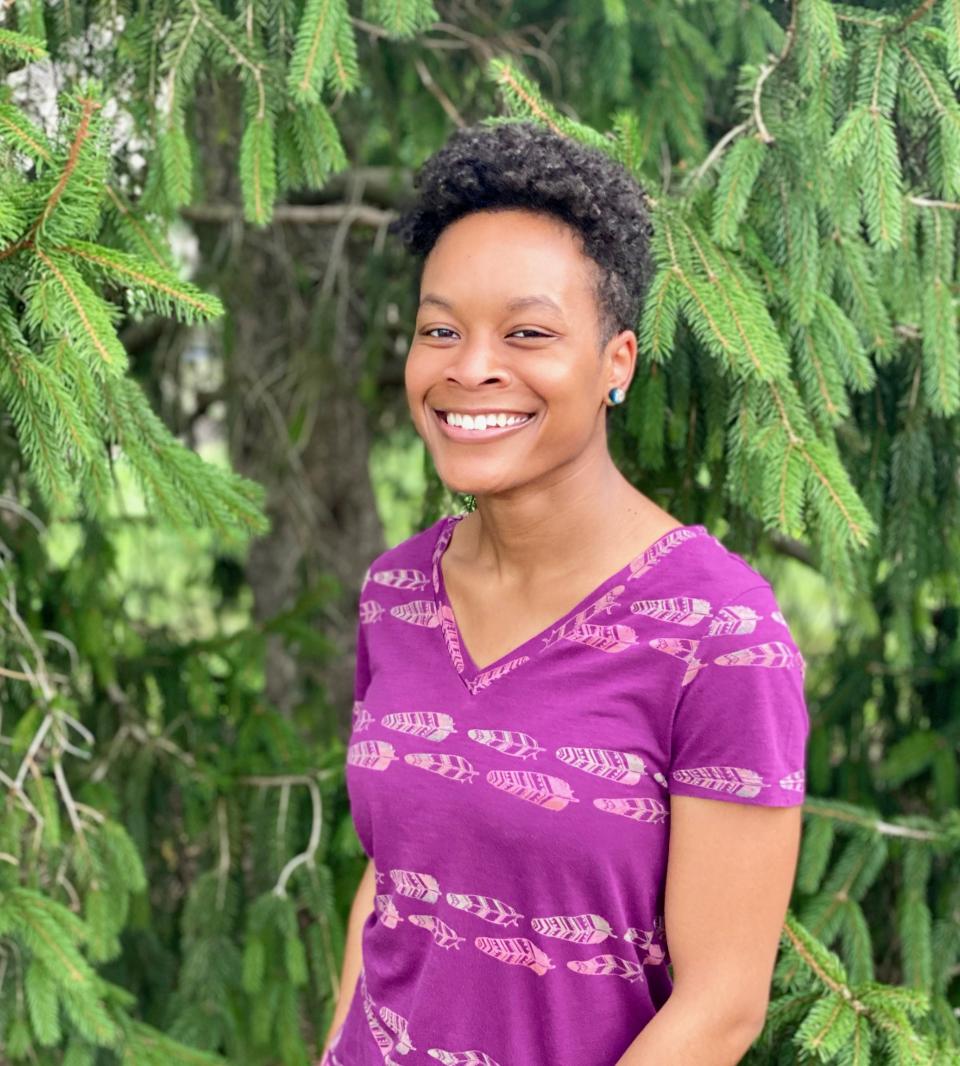LEADING THE WAY
When Brianna Washington was pursuing her degree in mechanical engineering, chasing a dream she’d had since she was a kid on the southeast side of Chicago, she often found herself in a familiar situation: being the only Black woman in the room. When she graduated from the University of Illinois at Chicago in 2016, she received one of the fewer than 1% of engineering degrees, nationwide, that went to Black or African American women that year. In January 2018, Washington landed a coveted spot at GE Aviation as part of GE’s Edison Engineering Development Program, an elite training program that cycles promising young engineers through different aspects of the business over the course of two or three years. Almost half of all Edisons, as participants are known, are female, and one-third of all Edisons are considered a minority — a number that includes African Americans, Latinx, Asians and other groups. But Washington is still often the only Black woman in the room.
Best of the best: The experience adds an unwritten component to her job, she said: “There’s a weight to be perfect. If I make a mistake, I worry about how it will affect the other [Black engineers] after me.” She’s found support in GE’s African American Forum, a 25-year-old organization that provides professional and personal development — and she’s found encouragement in recent months. Since nationwide protests broke out following the police killing of George Floyd, Washington says she’s been a part of conversations she’d never expected to have in the workplace: “At work, people want to talk about systemic racism,” she said. “I thought it was only something you talked about at home or with your close friends. Obviously, that’s not the only place anymore.”
Learn more here about how Brianna Washington is adding her voice to the conversation.
THE LONG HAUL
There was a time when it took four engines to power an aircraft on a long-distance flight — but the GE90 helped change all that. Introduced in the 1990s, the iconic engine allowed large passenger jets to travel with just two engines, lowering fuel and maintenance costs and ushering in a reinvention of the logistics and economy of jet travel. The GE90 reigned as the world’s most powerful aircraft engine until last year — when it was dethroned by another GE machine, the GE9X. But it’s still racking up achievements: The engine just surpassed 100 million flight hours. And in November it will mark another milestone, hitting 25 years since it entered service under the wings of the Boeing 777 family of jets.
An engine’s descendants: “It all started with this engine,” said Jim Elliott, a principal engineer at GE. “It has exceeded all expectations and become the envy of the industry.” Record-breaking thrust was just the beginning: The technologies developed for the GE90, including 3D-printed components and fan blades made from tough, lightweight carbon fiber composites, served as a springboard for engines like the GEnx and the GE9X. (There was also the sheer elegance of the flared shape of the fan blade, which helped the engine efficiently capture air — and landed the blade in the collection of New York’s Museum of Modern Art.) Over the last quarter-century, the engines have covered approximately 55.7 billion miles — equivalent to 300 round trips to the sun.
Learn more here about the very well-traveled GE90 engine.
COOLEST THINGS ON EARTH ?
1. Catch And Kill
Researchers in Texas created an electrically heated air filter that can destroy coronavirus particles — as well as anthrax spores — on contact.
2. A Bot’s Life
Roboticists at the National University of Singapore made strides in helping robots quickly process sensory input — particularly that provided by the sense of touch.
3. It’s In The Blood
An international team of scientists says it developed a blood test that can detect five kinds of cancer up to four years before patients begin to show symptoms.
Read more here about this week’s Coolest Things on Earth.
— QUOTE OF THE DAY —
“One of the things that keeps people on the fence about opening up [about race] is that they will be judged for not knowing. If you really want people to be engaged, nurture them in their education.”
— Brianna Washington, member of the Edison Engineering Development Program at GE Aviation
Quote: GE Reports. Images: Brianna Washington.





